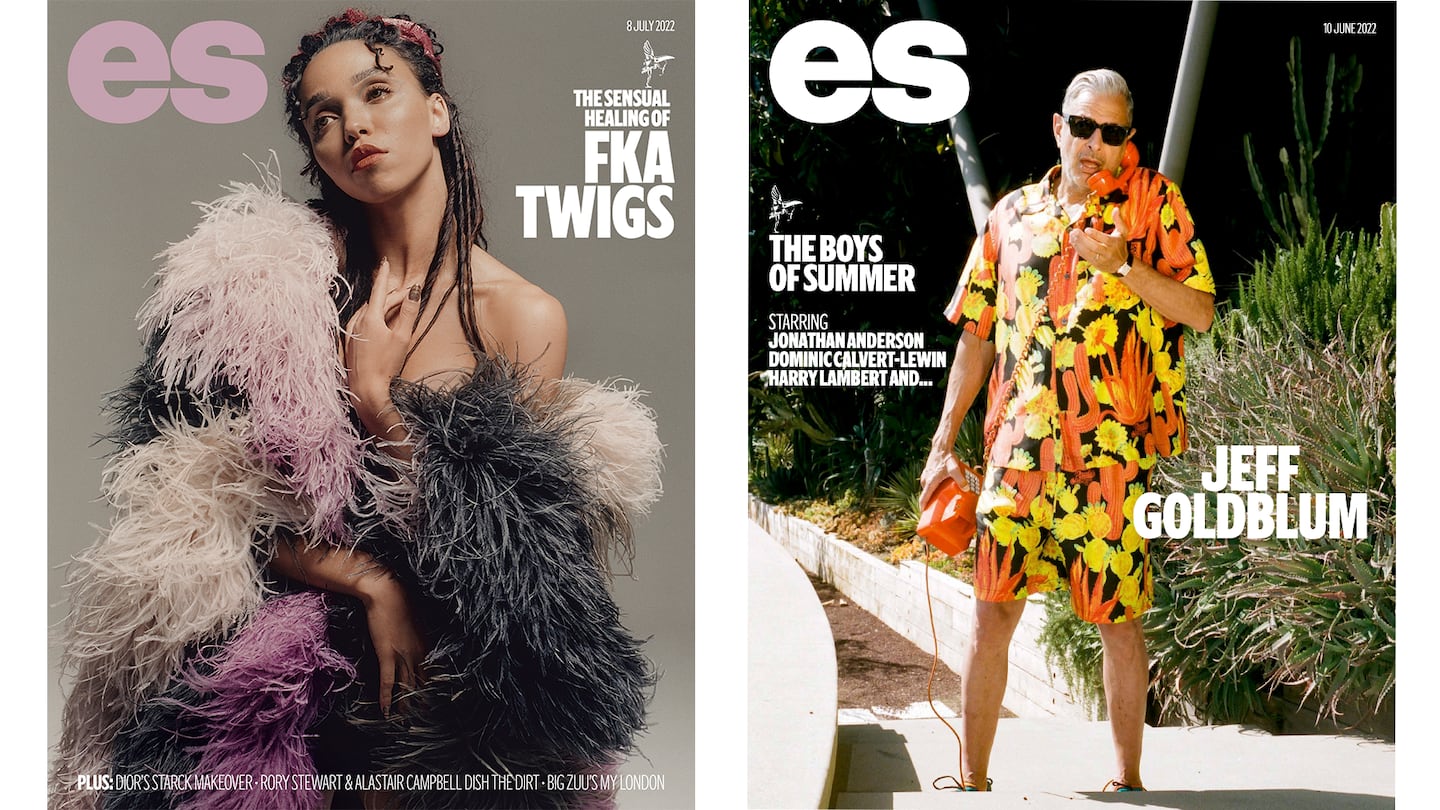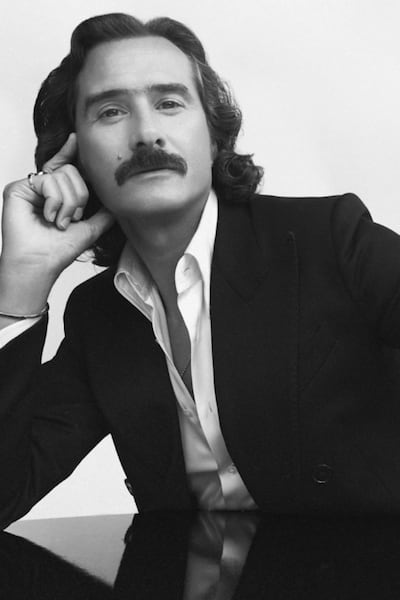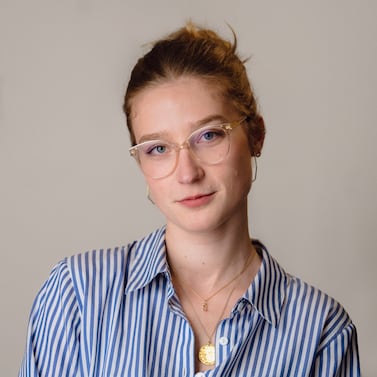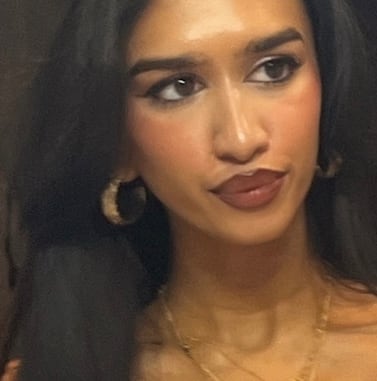
The Business of Fashion
Agenda-setting intelligence, analysis and advice for the global fashion community.

Agenda-setting intelligence, analysis and advice for the global fashion community.

A Central Saint Martins graphic design graduate, studying “everything from filmmaking, illustration, photography,” Ben Cobb launched his writing career in film journalism. Occasionally writing for fashion titles at the time, some of his earliest interviews were with the likes of designers John Galliano, Jean Paul Gaultier and Diane von Furstenberg.
“I’m interested in people,” the fashion editor shared in a LinkedIn Live broadcast last week. “Whether it was a filmmaker or fashion designer or a novelist, I never separated them too much.”
Cobb joined Dazed Media’s Another Man, where he worked for a decade, leaving the publication in 2019 after 4 years as editor-in-chief. He then joined influential style publication LOVE as co-editor-in-chief in early 2020 before helping to launch Perfect Magazine, a creative community and content platform, alongside his former LOVE colleague Katie Grand. In 2021, he joined the Evening Standard as editor of its supplementary lifestyle and culture publication, ES Magazine.
Now, BoF Careers shares insights and actionable advice from last week’s event, Building a Career in Fashion with Ben Cobb.
ADVERTISEMENT

How did you start working in the fashion industry?
It was never my plan. I tried everything to avoid it for a long time. I grew up around a lot of friends and some family that worked in fashion but starting out, my two main passions were writing and film. I started writing about films, which seems a natural way to put those two passions together.
I’m interested in people. So whether it was a filmmaker or fashion designer or a novelist, I never separate them too much. So I was writing about film for some style magazines and that became, “Will you go and interview designers?” and it suddenly brought together lots of different elements.
How did you impress while starting out as a writer?
[I did] very early interviews with designers [like] John Galliano and Jean Paul Gaultier, I had a fantastic day out with Diane von Fürstenberg around London. [...] I never [felt] particularly starstruck or intimidated by big characters. I think, if anything, it probably helped me being a bit naive because maybe I asked stuff that probably you’re not supposed to.
With those early experiences, research is key. [I would] do a lot of heavy research [...] and get a good idea in my head, to build a character study, a portrait of what I think that person is like. Then invariably — and the thing I love about interviewing people is — it goes out the window very early on. [...] You need that kind of wealth of research behind you to be able to let it go.
What core skills do writers and editors need to work in fashion?
It’s as old as the hills, but writers need to respect deadlines. [...] I went straight from producing a magazine twice a year to one a week, and you need to [take a] stand about deadlines.
ADVERTISEMENT
Learn how to say no. A massive part of the job [is] what you don’t include, filtering down to what you want to say, and that means it’s a lot of rejection and you need to know how to communicate saying no and rejecting stuff in a professional and mindful way.
What advice would you give junior writers pitching stories to publications?
Often, we are all looking at the same stories, pulling from the same net in many ways. I think people can get tied up in the idea of original stories, and that’s very important, but sometimes it’s about telling a known story that either we are all interested in, in the particular moment, [and] telling that in a special way — in your way.
Learn how to say no. A massive part of the job is what you don’t include, filtering down to what you want to say.
Each magazine has a very different masthead. Don’t blast out to everyone you know. Do your research, be really specific about what titles [and] what magazines you love to read. Target them [and think] where you want to see your work printed and your stories told. Focus on them and look at the different publications — titles mean slightly different things.
Spend some time pinpointing who’s the right person [and] just reach out. There’s also key roles — whether it’s managing editors or assistants to editors — reach out and don’t be afraid to ask who is the best person to send this to, or get them to point you in the right direction. It’s not just one shot — you want that initial reach out to really connect and count.
What does your day-to-day look like?
It really keeps me on my toes — everyday is different. [Today,] I’m finishing writing something, [...] then running around town, looking at some venues for some events, signing off some video content for social film clips — everyday is full of surprises.
The fun part of it — and the challenge — is putting on all these different hats. I think it’s what I love the most about it is, putting me into the most wide variety of arenas than any other position I’ve had before.
ADVERTISEMENT
What do you look for in junior talent today?
Creativity and being able to be a bit loose with stuff. Things move so fast. Before, I have been quite like a dog with a bone, pursuing something doggedly until the bitter end when sometimes, it’s knowing when to let stuff go. You can come back to it. Sometimes that ultra-focused vision can be detrimental in a way — it’s a powerful energy, but for me, being a bit fluid with stuff is very healthy in this media landscape.
Where do you see the future of fashion media going?
The core of it is always going to be about storytelling and quality. The way things are developing, it’s impossible to know what those new platforms will be [and] what those new ways of connecting with your audience will be.
Sometimes that ultra-focused vision can be detrimental in a way — it’s a powerful energy, but for me, being a bit fluid is very healthy in this media landscape.
[But] I think nothing’s changed. It’s still about telling great stories, shooting amazing imagery — that’s always what the job is about. How that connects and how you find your audience is really exciting. How many options there are now — who knows in two years what’s going to be available to us. I find that exciting because it changes the way you think about what you’re doing. I think it’s a technical thing, and that’s just a route to find your audience. Essentially, the heart of it stays.
What do you believe are essential skills to work in fashion?
Resilience. [Fashion is] tough, but it recognises talent. Just keep going and understand your worth. Stay true to yourself. Hold on to those two things — your worth and what you are all about. Just keep going until you get in. It’s an amazing industry for recognising new, exciting talent and bringing that up. It’s worth it. [...] There’s holes and find the gaps that you can fill. There’s room for everyone. You just need to identify what area you’re going to find.
Discover editorial and media roles on BoF Careers today:
Deputy Editor, Burberry — London, United Kingdom
Copywriter, Gant — Stockholm, Sweden
Copywriter Manager, Tory Burch — New York, United States
Content Editor, Chico’s — Florida, United States
China Editor, The Business of Fashion — China
Disclaimer: This interview has been edited and condensed for clarity.

Sophie Soar is the Commercial Features Editor at The Business of Fashion. She is based in London and oversees BoF’s careers advice and written content partnerships at BoF.

Shenel Wickramaratne is the Content Strategy Associate at The Business of Fashion. She is based in Bristol, supports on content and B2B partnerships and writes articles for BoF Careers.
Discover the most exciting career opportunities now available on BoF Careers — including jobs from Gucci, Simone Rocha and Bloomingdale’s.
BoF spoke to HR executives and talent experts at Alexander McQueen, On and Deckers Brands — global employers currently recruiting on BoF Careers — to understand what skills are most relevant to the fashion industry and how to upskill in them in the workplace.
The nature of working in retail is changing at pace as the purpose of stores continues to evolve. BoF Careers examines how in-store employees can hone and develop their skill sets for success in retail or its adjacent industries, sharing expertise from retail leaders and fashion executives who began their careers on the shop floor.
A tailored recruitment service offering specialist support to secure top-tier talent for your open roles — from entry-level to C-suite positions across fashion, retail, luxury and beauty.